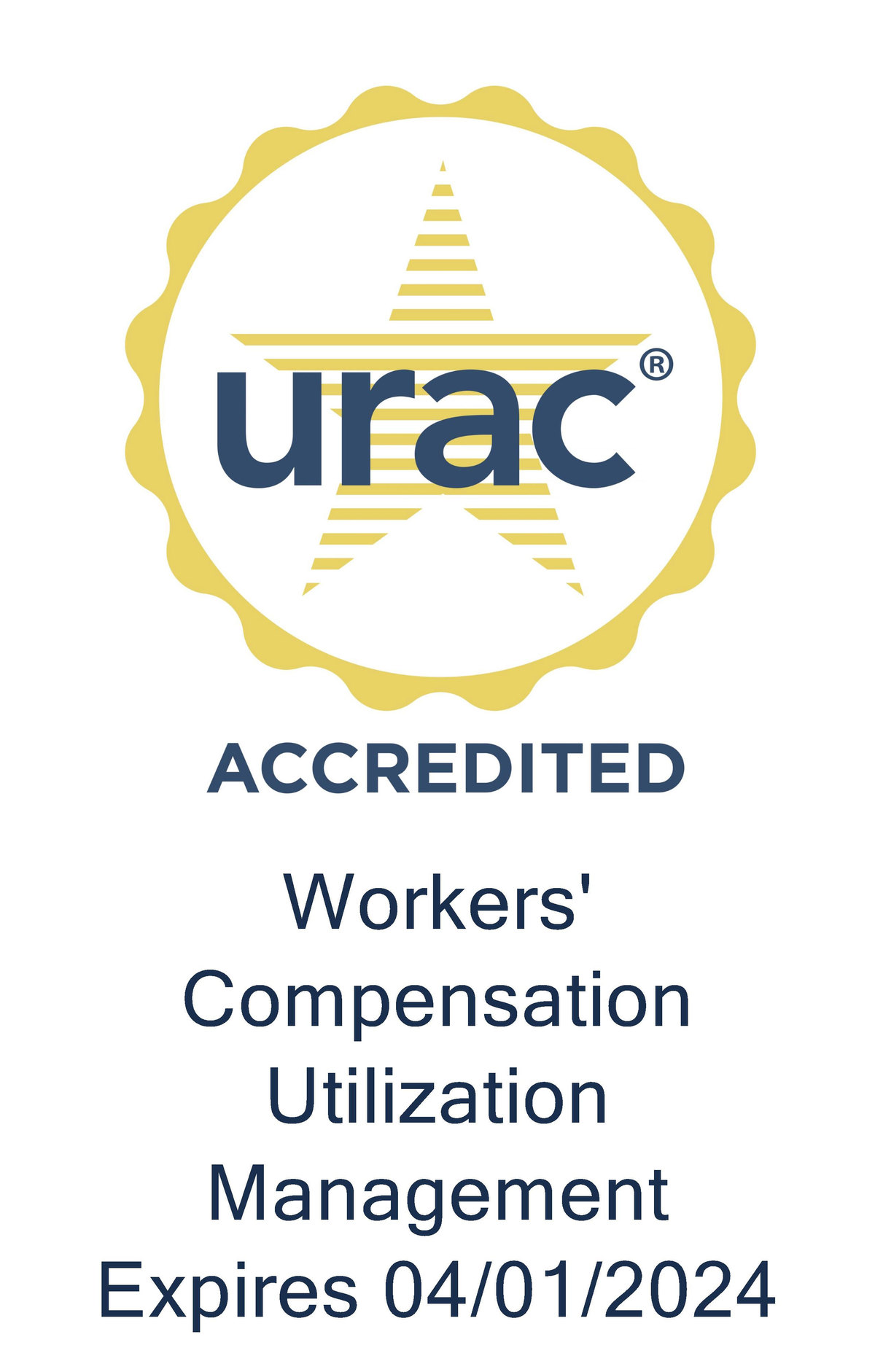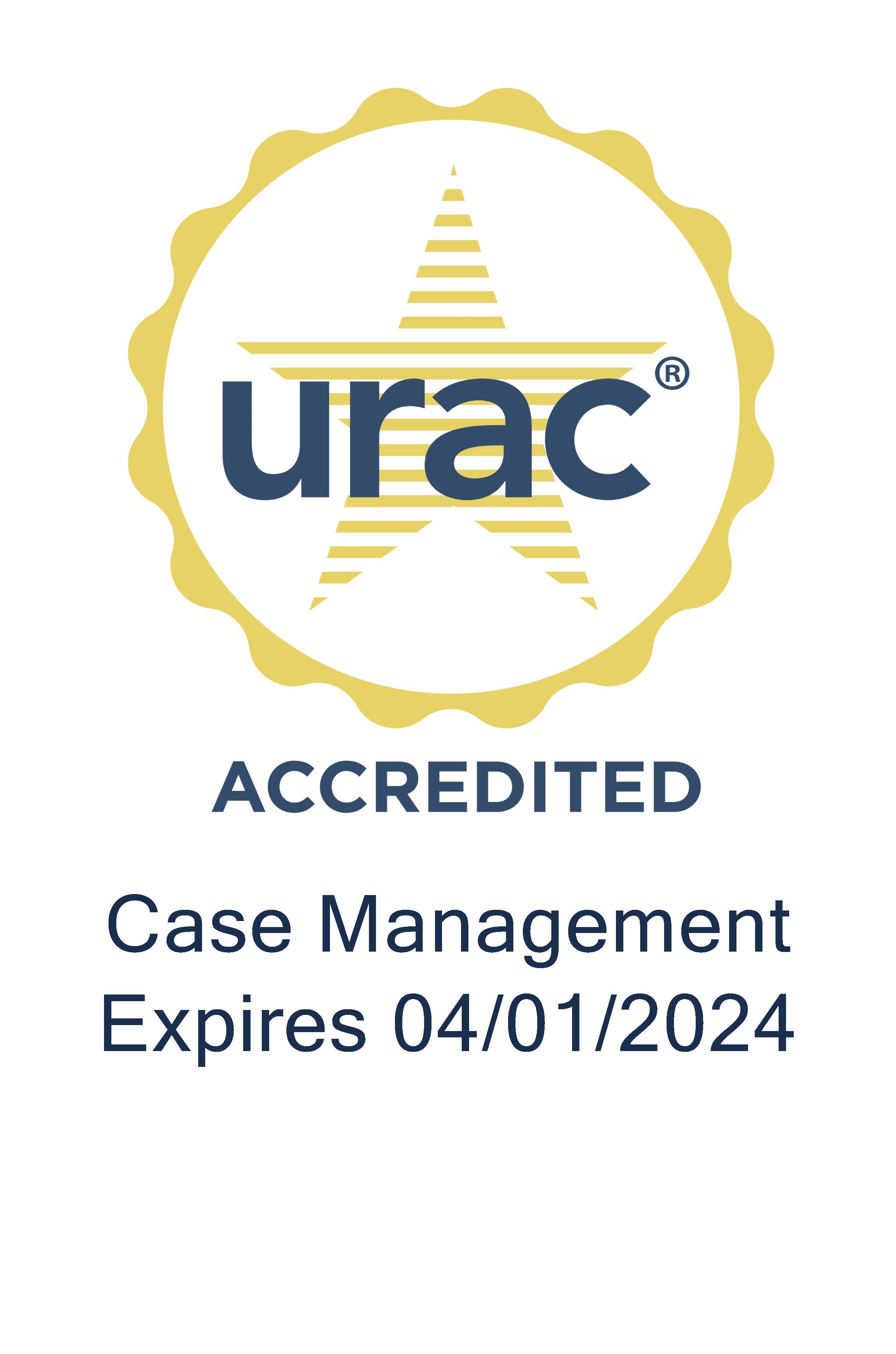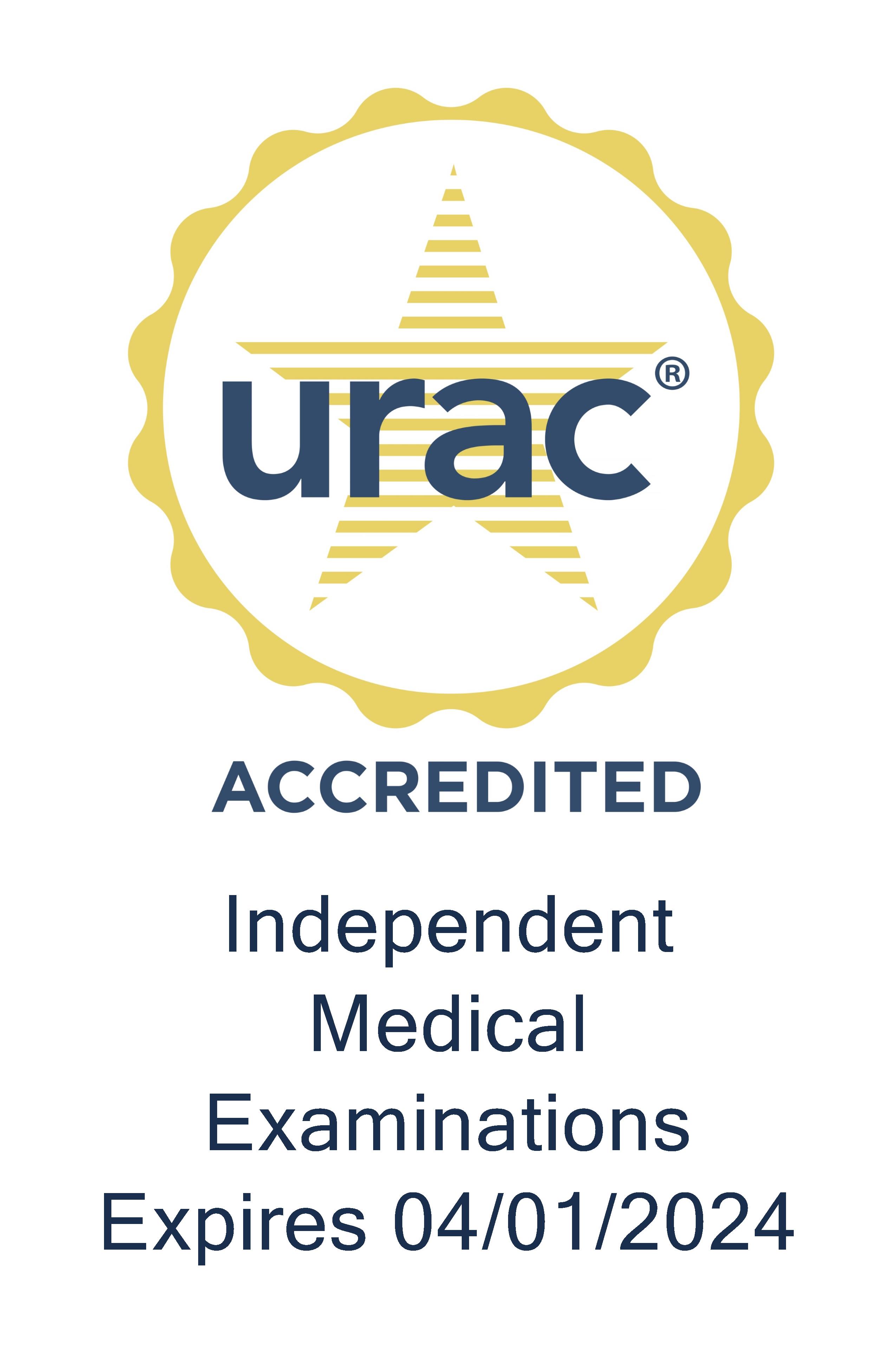It’s been two months since the World Health Organization declared COVID-19 a pandemic. Our world has changed in many ways since then, but one thing that hasn’t is Genex field case managers’ commitment to move claims forward. In today’s Inside Workers’ Comp, we talk to Tim Howard, Senior Vice President of field case management, to discuss how his team is operating under restrictions and how he sees the process evolving as states start to open up.
Tom Kerr (TK): Tim, thanks for joining us.
Tim Howard: Thank you, Tom.
TK: Tim, what are some of the challenges that field case managers have faced since the COVID-19 pandemic started?
Howard: Initially, understanding how COVID‑19 would impact their everyday work lives, specifically around any changes in the field case management process. I think case managers were asking themselves, questions such as, "Will I be allowed to continue to see my patients? Will I be allowed to travel to a provider office? How can I ensure my safety and the safety of my injured worker?"
After that, it developed into understanding the different restrictions for each hospital and/or doctor’s office, whether that be a total shut down or limited access to the facility. And then, figuring out a way to move the case forward with those restrictions in mind.
And finally, just as a case manager, "how do I counsel the injured employee on COVID‑19 to alleviate any risk of the disease becoming a potential comorbid factor with the workers’ compensation case that we’re working?"
So, those are some of the challenges we faced pretty early on.
TK: How are field case managers overcoming these challenges to ensure claims are moving forward?
Howard: Genex was real proactive early on in this pandemic. We released clinical guidelines related to the coronavirus pandemic very early in March, which provided Genex’s case managers with clinical direction, guidance and how that related to the handling of their cases, and how best to offer clinical support to their injured workers.
We also provided specific COVID‑19 direction and support to our case managers and continue to do so today in the form of the appropriate self‑imposed screening questions and COVID‑19 symptom identification.
We also have equipped our staff with the appropriate personal protection equipment to utilize while in the field, such as masks, shields, gloves, sanitizers. Genex is fortunate to own an ancillary provider, so it makes sense for us to quickly deploy the appropriate equipment to keep our case managers safe.
So, we’re working with injured workers and providers on a daily basis to make sure if appointments are continuing, that the appropriate safety precautions have been implemented to ensure that everyone’s health is a top priority.
And because Genex’s case managers are some of the most tenured in the business, they’ve established strong provider relationships, and are often allowed access to physician offices, when other parties may be excluded. However, we have looked at when in-person visits are not achievable, and we’ve equipped our field case managers to manage these situations. We train them to attend telemedicine and telehealth visits with the injured worker and provider, or at least the telepresence visit with the injured worker, either exclusively or with the treating provider. So, we feel like we’ve covered all of the bases associated with that process.
TK: Currently, what do field case managers offer injured employees that can’t be replicated through telephonic communication?
Howard: So, I think the most obvious answer to that is appropriate in-person contact and reassurance that their recovery is continuing to move forward in spite of COVID‑19. I think the injured worker sees firsthand the field case manager’s interaction with providers, physical therapists or any clinician associated with the care of the injured worker.
So, that activity provides comfort to the injured worker that the field case manager remains engaged, vested in his or her recovery and return to work. In-person meetings also allow the field case manager, I think, a unique perspective in regards to evaluating someone’s mental health. I mean, let’s face it, the potential for mental health concerns go hand in hand with the COVID‑19 pandemic, and it’s difficult to identify those concerns over the phone.
So, those are, I think, some of the ways to achieve strong field case management outcomes with in-person interaction.
TK: Can you give me some examples of how field case managers are making a difference during our current crisis?
Howard: Oh, absolutely. As you know, most injured workers develop a bond with their case manager and establish a fairly strong professional relationship.
For example, we recently had a case in the Midwest where the injured worker was attending a very important doctor visit to discuss potential surgery with a provider that would not allow anyone other than the injured worker to attend.
So, the Genex case manager, she showed up anyway. And when the injured worker told the provider that the case manager was present, and preferred her attendance at the examination, the provider office allowed the case manager into the examination room. So, with the case manager in attendance, the injured worker felt much more confident in the decision to move forward with the surgery.
We have numerous examples where long‑term Genex case managers are getting access to providers due to their longstanding relationships and experience in the industry. So that is really working well for us and the injured workers.
I can think of another example of a case we had in the West where the provider wanted to set a telemedicine visit with the injured worker, but the injured worker only had a flip phone. Remember those? They’re not around too much anymore, but some people do still have them.
So, the injured worker had no video capability. And if the visit could not be conducted by telemedicine then the in‑person appointment would not have occurred for another six weeks, thus extending temporary total disability.
So, the Genex case manager, you know what he did? He arranged the telemedicine visit by his own cell phone. He traveled to the injured worker’s home, sat under a shade tree in his front yard while social distancing, and was able to be an active participant during the visit, and was also able to achieve return to work for the injured worker, saving another six weeks of lost time wages.
There’s all kinds of examples where field case management has continued to be impactful for the help of the injured worker and, quite frankly, the help of the overall claim, even during COVID‑19.
TK: What are some changes that you’re seeing in workers’ comp and field case management? Are you seeing more injured employees motivated to attend provider visits, or have elective procedures? Are more people getting back to work?
Howard: It’s a good question, Tom, and we are seeing that. We are tracking very closely all stay‑at‑home, shelter‑in‑place expirations as they occur on a state‑by‑state basis, sometimes, county‑by‑county basis. Due to Genex being an essential business, our case managers continue with the appropriate in‑person case management interactions.
However, as eager as our case managers are to attend, sometimes the injured worker is reluctant, or the provider is unwilling to do an in‑person visit due to concerns around safety. Through the latter part of March and throughout April, we saw some cancellations in terms of visits.
However, as we moved through the first few days of May, we are definitely seeing a sizable increase of in‑person visits and expect that to continue. We’re also seeing a pretty big increase in surgery scheduling as more and more states authorize those procedures to continue to move forward.
I think people now understand how COVID‑19 is transmitted. They know the precautions that they need to take to remain safe and I think everybody’s pretty much on the same page relative to that. Many provider offices have developed protocols driven by city, county, state guidelines.
So, you can definitely see increased activity or engagement. And I think people are just ready to get back to work, so it’s really exciting to see. It’s almost like starting all over again. So, I’m thrilled to see those things start to happen and loosen up.
TK: Thanks, Tim. And thanks to your field case managers for continuing to help injured employees reach their goals through personal interaction. We’ll be back in a couple weeks with another podcast but, until then, stay safe and thanks for listening.
Learn more about how field case managers are moving claims forward in a coronavirus world by clicking here. Then, put Genex to work for you, request a consultation about our field case management services during COVID-19.






